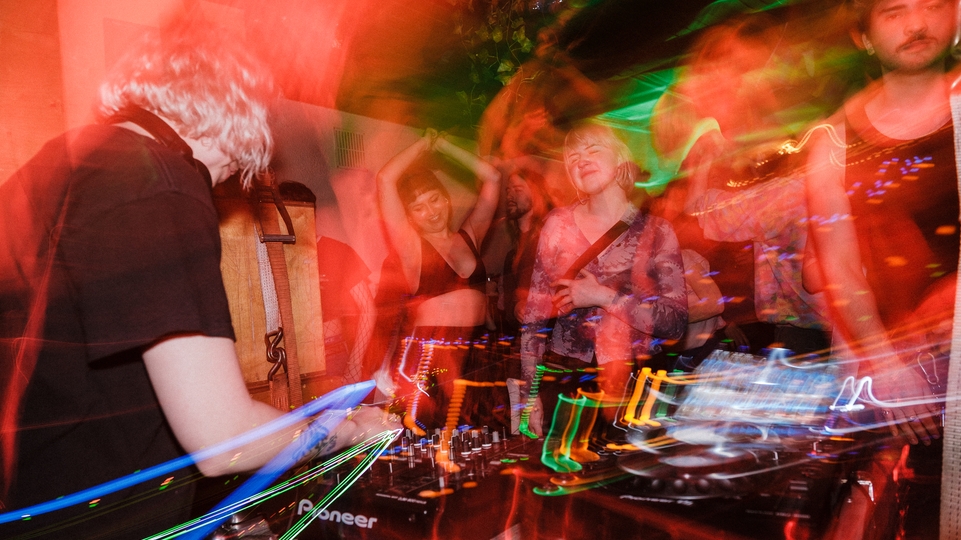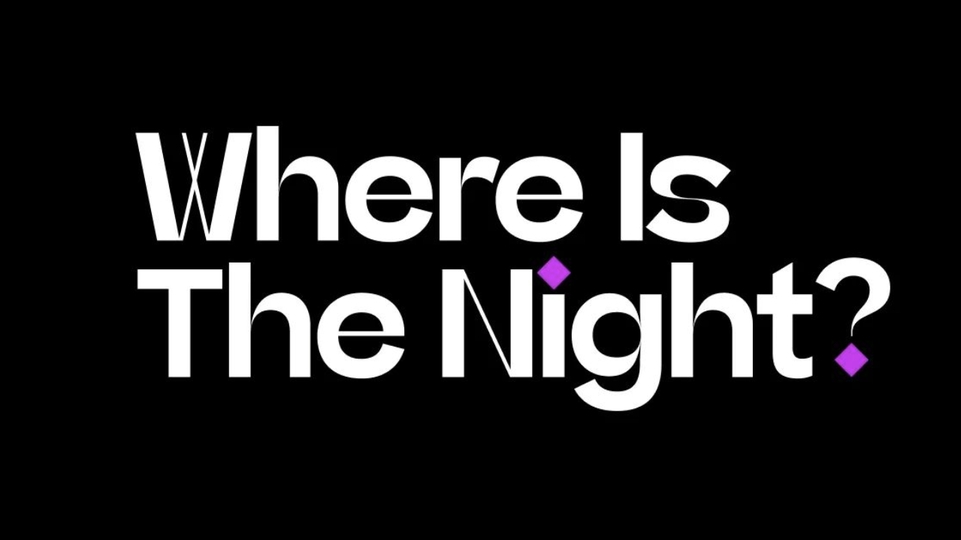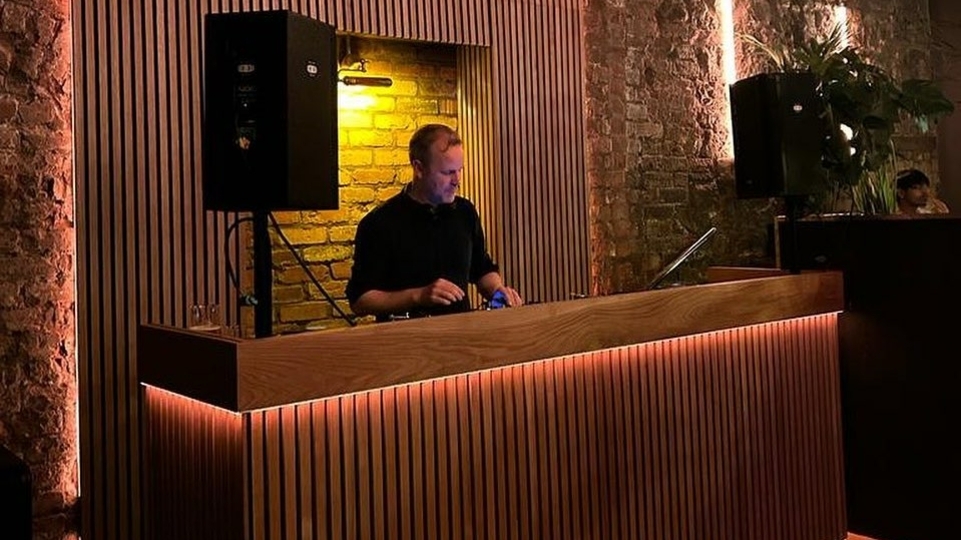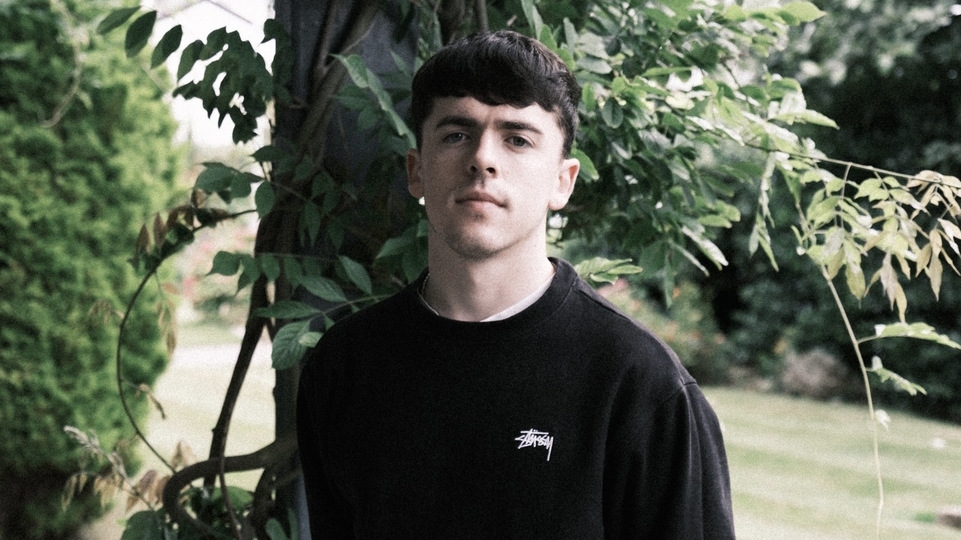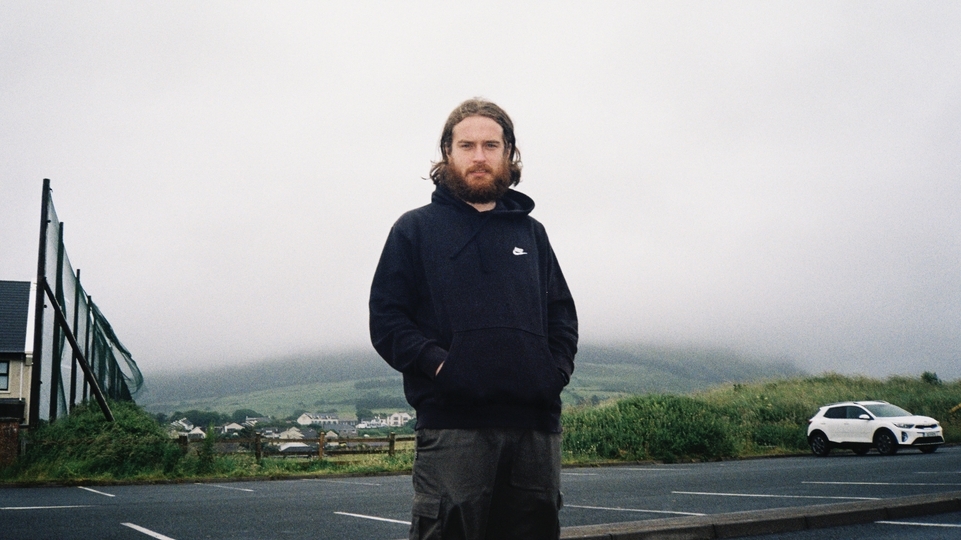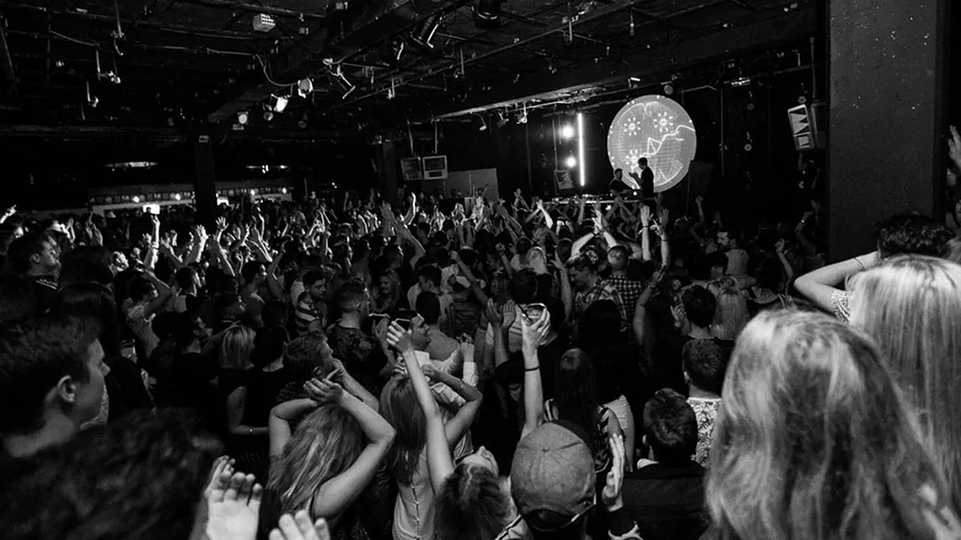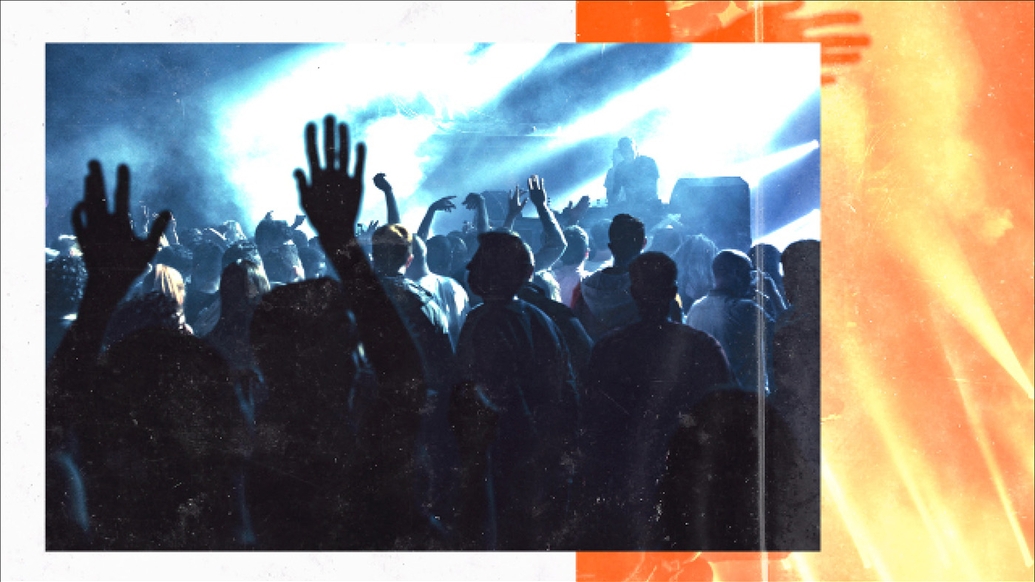
The fight for the future of Irish clubbing is creating real change
Ireland’s venues and event promoters have struggled under archaic legislation for years, but thanks to the work of the Give Us The Night campaign, it looks like that might be about to change. Seán Finnan talks to activists, including DJ, producer and GUTN founder Sunil Sharpe, about the fight for the future of Irish clubbing
Clubbing in Ireland has been in crisis since long before the pandemic shuttered the island’s nightclubs last March. Over the past five years, developers have demolished one venue after another, making way for hotels, student accommodation, and apartments; in early 2020, over 100 new hotels and ‘aparthotels’ were under construction or in the planning process in Dublin alone. Despite pleas from the music industry, the public, and even some progressive councillors, campaigns to save venues have been largely ignored, and it’s a deeply rooted problem. For much of the past century, dance music outside of traditional Irish forms has been vilified by the state, and cut short by its often bizarre and archaic laws.
Much of this can be traced back to the 1935 Public Dance Hall Act, when zealous anti-jazz campaigners successfully mobilised to regulate dances nationwide. After 1935, if you wanted to host a dance in an Irish venue, you needed a license, which involved getting permission from the court and the Gardaí (Irish police). This system pushed all live music events into licensed public dance halls, and gave the Gardaí the power to shut down unlicensed dances in all manner of venues, from public halls to private property.
Today, even if a venue owner holds a license, they still need to apply to the District Court for a Special Exemption Order (SEO) to host a late-night event, which exempts the venue from the normal licensing hours of pubs and bars. Every night that a venue stays open past these hours costs the venue €410, and SEOs have to be applied for monthly. To top it off, you only get to open for a further three hours midweek and two hours at weekends, and even while operating within these laws, Irish clubs have no distinct legal identity.
This prolonged uncertainty has fueled a crisis that, for 17 years, Sunil Sharpe has fought to change. In spearheading the Give Us The Night (GUTN) campaign, the Irish techno DJ and producer has become a beloved local, and thanks to his efforts, it looks like there could be change on the horizon. Despite the pandemic’s mass closures, there’s new hope for Irish clubbing — but it’s taken a lot of research, organising, and solidarity to get here.
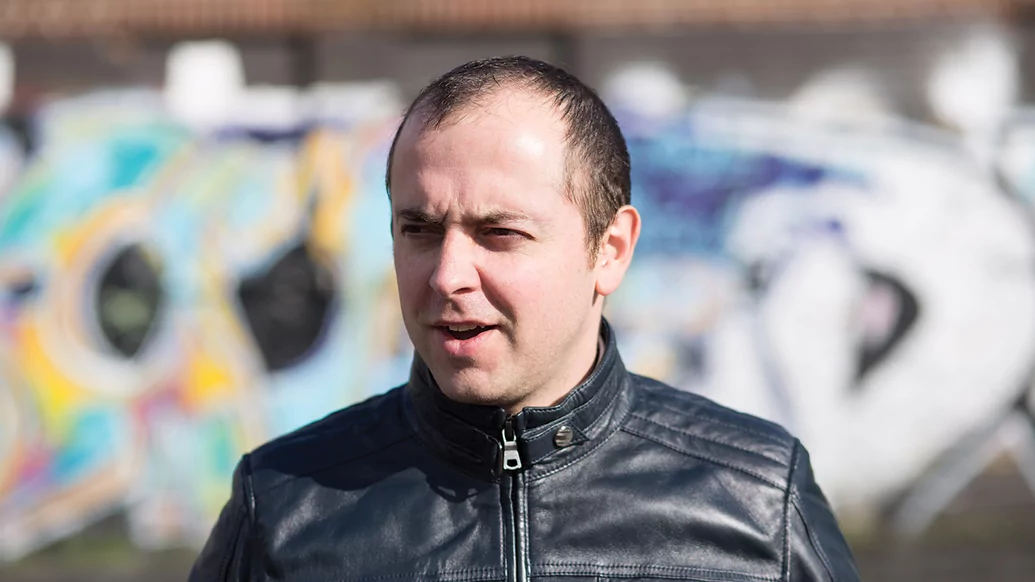
Clubbing Curtailed
In the early ’00s, Sunil Sharpe was a resident at the Creation raves, host on pirate radio station Nova FM, and staff member at Spindizzy Records — an important figure in the scene, who saw the threats facing Irish nightlife keenly. In 2004, the Gardaí were pushing for Dublin’s nightclubs to close at 1.30am; their solution to a rise in late-night assaults in the capital. The first iteration of GUTN began that September: “It was an emergency response,” says Sharpe.
The background, he says, was that the Gardaí didn’t have the proper resources to police the streets, and nightclubs were made an easy target by the press linking dance music with crime and social disorder. Venues were coming under pressure from the Gardaí and media to stop hosting electronic music events. “It was painting our whole industry in a negative light,” he says. “I just felt that some journalists were doing their best to destroy what we have here.”
There was a tight-knit contemporary scene in Dublin, which has since been referred to as a golden age for Irish dance music. The people behind labels like D1 Records, parties like Bassbin, promoters like U:Mack, and venues like The Kitchen and RiRa, together with local ravers, got talking on a dedicated online forum. Over 20,000 people signed a petition against the Gardaí’s efforts and, from this, “we were a campaign group within two days,” remembers Sharpe.
This early campaign was a success. Dublin’s District Court quashed the Gardai’s push for the 1:30am closing time, and the forum refocused around modernising Irish licensing laws. “A lot of the messages said that we shouldn’t be restricted — liberalisation was the key word,” says Sharpe. There was talk in government, too. In 2005, Minister for Justice Michael McDowell announced a modernisation of licensing laws (such as serving beers in cafés), but centre-right party Fianna Fáil, McDowell’s coalition partners in government, saw this as a threat to the pub lobby, and quashed it.
“The nearest recognition as to how nightclubs actually operated then was under the theatre license, and a lot of late-night venues were availing of the theatre license,” says Sharpe. “As far as I was concerned it was a fair system.” In 2008, the government introduced The Intoxicating Liquor Act, which stopped venues who held theatre licenses from opening past normal pub hours unless they applied for a SEO. Instead, venues became tied to the pub system, which required a 7 days publican license and a dance license to operate. On top of that, SEO fees doubled (to the current €410 per night) and Sunday closing times were cut, from 2.30am to 1am.
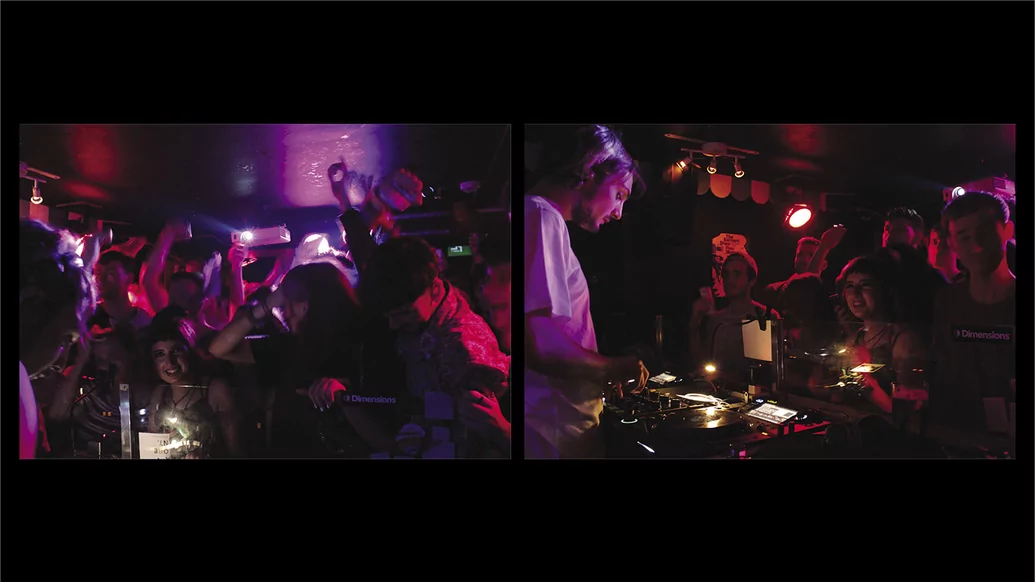

GUTN campaigned against The Intoxicating Liquor Act, holding a protest outside the Irish parliament before the vote to raise awareness, but they were ignored and the Act passed. Taken with the 2008-09 financial crisis, “this is when the rot set in,” remembers Sharpe. Between 2007 and 2013, dance licenses in Ireland fell from 1,635 to 930. Although more recent figures are not available, Sharpe estimates that there are less than 100 nightclubs operating in Ireland today.
Many venue owners today say the costs of SEOs and insurance are hampering their ability to operate. In a 2019 submission to the Department of Justice, Ciara O’Connell, Director of Central Arts in Waterford, wrote: “This August, we were informed by the Gardaí that to continue with an electronic music offering, we would have to apply to the courts for a Public Dance License, or to cease these nights immediately.” O’Connell added that they were subsequently told by their insurers that to afford the necessary insurance cover to hold such a license, the venue would need to have turnover well in excess of €1 million per year. “Clearly something out of the reach of a small, 50-seat arts venue,” she says.
Trevor O’Shea is a co-founder of Bodytonic, and co-owner of venues Wigwam, Bernard Shaw, and Jam Park (Dublin’s largest nightclub, which opened just before the pandemic). “We’ve had to turn down loads of great ideas simply because the risks or costs were too high,” he says. Of his four venues with late-night licenses, “we probably only operate them as late venues 10-15% of the time, and we're considered to be very active”.
For Aoife O’Neill, a DJ and promoter who moved from Dublin back to her home city of Cork soon after the financial crash, the changes were almost immediate. “I was going out in Cork for years, and it always had a really vibrant scene, but I started to notice a decline,” she says. “Virtually all the clubs closed, like The Pav and The Savoy. I was like, what the hell is going on here? So I started Out of Space.”
O’Neill started Out of Space in Plugd Records, a record store upstairs in The Roundy by day and a venue by night. Finding another space to put on her night was a challenge and as The Roundy often didn’t apply for the SEO, her nights would regularly finish at 12.30am. Capacity was limited to 100 people and justifying the additional €410 cost for small nights was often not worth it. “As a promoter it was challenging,” she says. “We never made any money, it was always a labour of love.”
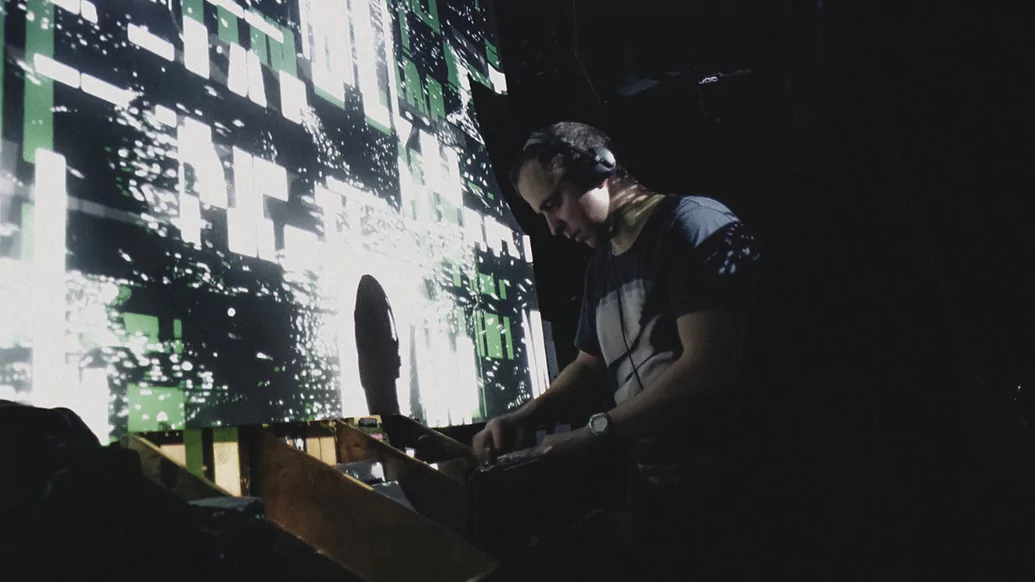

Give Us The Night 2.0
After the disappointments of 2008, and with Sharpe’s career taking off, GUTN went through a fallow period. “It was never that I stopped caring,” insists Sharpe, “but I knew that unless the older generation of politicians moved on, it was going to be difficult for that new cycle to begin.” Between 2015 and 2017, the momentum from the marriage equality referendum and ongoing ‘repeal the 8th’ campaign for abortion rights saw a new, empowered generation emerge.
“Younger people were more politically invested and pushing for change,” says Sharpe — and they started reaching out to him about GUTN. Sharpe held a meeting in 2018 at Dublin’s The Grand Social to gauge interest, then others in 2019 at The Sugar Club in Dublin, and more in Cork, Galway, Limerick, and Waterford, to push for organising nationally. Over the next two years, they refined their mandate based on feedback from these meetings.
“The reality is that we’re working in a situation where so many legislative decisions are based on datafied metrics,” says Robbie Kitt, a Dublin promoter, artist, and GUTN associate since those early meetings. “If you can’t show in a data set that there’s a demand for these provisions in a city, then it’s really hard to change the mind of legislators.” They refocused on the economic arguments of a rejuvenated nightlife, referencing the UK’s annual fee for nightclubs, the role of night mayors in Amsterdam and Manchester, and multipurpose ways to adapt existing venues.
In early 2019, Dublin venue District 8 hosted its last party, before being demolished and replaced with a hotel. Sharpe lashed out the final set of the night, which ended with a moment of silence between encores. Videos show nothing solemn about it, though: the stage is thronged with ravers, and the dancefloor is packed: “C’mon Sunil!” roars the crowd. After the closure of District 8, many of his fans became more active in the campaign.
During the 2019 local and 2020 general elections, GUTN pushed their message on social media and in the music press, and asked supporters to question party canvassers about nightlife. In the days before the local election, Fine Gael — the dominant, centre-right party — promised to support the introduction of a night mayor, as well as staggered opening hours. Swaying Fine Gael showed how fast the campaign was moving. The next step was for GUTN to get a seat at the policy table.
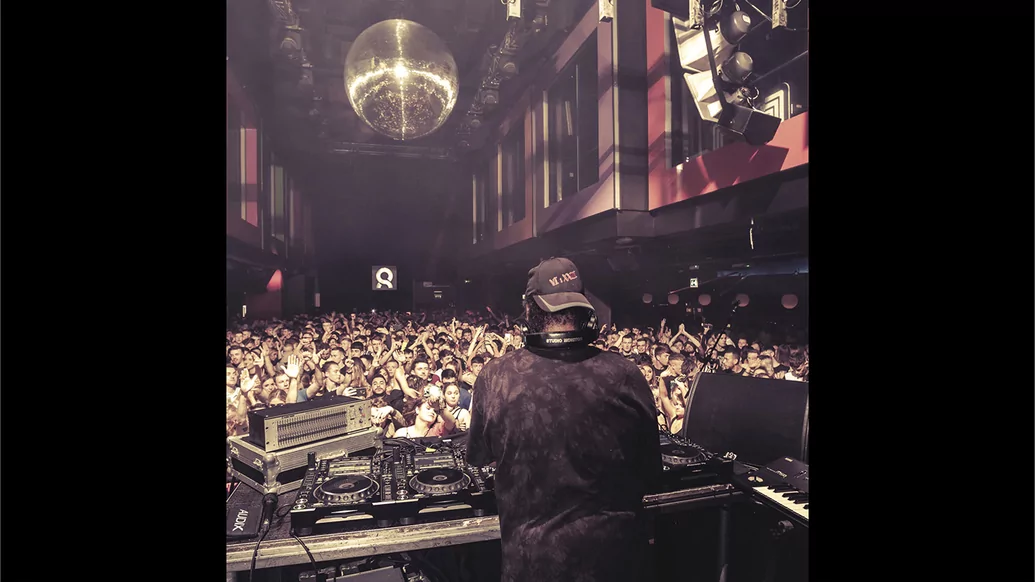
Enacting Change
For many years, GUTN were “very much pushing a closed door,” says Claire Byrne, a Dublin councillor for The Green Party and advocate for GUTN. Byrne pushed for GUTN to be a stakeholder in the government's Night Time Economy Task Force — the formation of which was one of the key actions of GUTN’s mandate — and Sharpe was appointed to the taskforce in July 2020. “We have seen a bit of a move in the past year, and a lot of that has been about having Sunil at the table,” she says.
Days after the appointment, the Irish Independent, a broadsheet newspaper, attempted to demonise Sharpe by dredging up a drug conviction of his from 1996, when he was a minor; the story was met with an immense outpouring of public support for Sharpe, and brought into focus what those representing nightlife continue to be up against.
“I was what many would refer to as a ‘troubled youth’...” wrote Sharpe in a statement at the time. “My entire adulthood has been spent drug free... I never forget the mistakes I made, but my character is not defined by them. It is, I hope, defined by the changes I’ve made to my life since then.” Undeterred, the taskforce set to work in September 2020. A list of recommendations is expected to be published this spring.
Having been directly involved, Sharpe has a better sense of the pace at which the government’s cogs turn. “The Department of Justice wants to make stuff happen,” says Sharpe, of the key department in changing licensing laws; perhaps the most powerful government voice on the task force. “But changing legislation in the short term means bringing stuff through the Dáil (Irish parliament) twice, so they’d be more of the view, ‘Let’s get the long term changes through, let’s just wait for them’.”
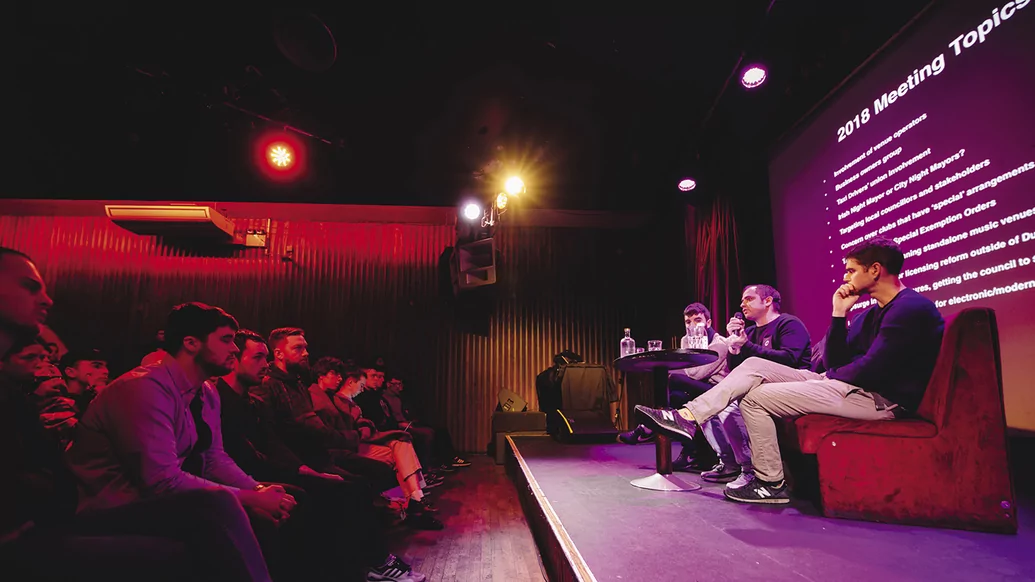
These long term changes include the fabled streamlining of Ireland’s licensing laws. Indications from the Department of Justice’s Justice Plan is that such reform will come within the next two years. Recently, Sharpe has pushed for pilot programmes to trial some proposed changes to nightlife, such as staggered and later opening hours: “What I’m saying to them is, ‘Listen, you really need to give something in the short term’,” he insists. This March, a formal agreement was made within Dublin City Council to introduce a night mayor. There’s also the City Development Plan (CDP), an opportunity to ensure cultural spaces are put at the forefront of Dublin’s planning development over the next five years.
As part of the CDP, GUTN are pushing for mechanisms like cultural clauses, to ensure new developments contain multipurpose spaces that can serve as venues, in order that developer's make a greater contribution to Dublin's cultural infrastructure — though it’s something the council and government seem hesitant about. “They’re privileged to be given the freedom that they’re given all around the country,” says Sharpe of developers. “I think councils need to be more insistent in terms of what these developers provide in terms of cultural spaces, or of cultural amenities built into or aside these developments.”
Sharpe echoed these comments at a recent meeting of the Oireachtas (legislature of the Irish parliament) on the impact of COVID-19 on the entertainment sector. The pandemic has brought venue closures into the wider conversation. GUTN’s campaigning, in many respects, now goes beyond dance music. “In the past we had to shout from the sidelines,” says Sharpe. “Now our ideas are being put directly to the decision makers.”
In February 2021, the Department of Justice announced that major changes to Ireland’s licensing laws are being considered, including the extension of venues’ opening hours and staggered opening times. Importantly, a new, annual nightclub permit is on the table, meaning the Public Dance License and Special Exemption Orders could be abolished. The taskforce are also due to publish their recommendations in the very near future: a push for an audit of Irish venues is expected, as well as a pilot scheme to trial some of the changes the Department of Justice has announced.
After nearly two decades of uncertainty, and a year of upheaval from the COVID-19 pandemic, Sunil Sharpe and the GUTN are not just fighting for late-night raves, but for the survival of venues across Ireland.
